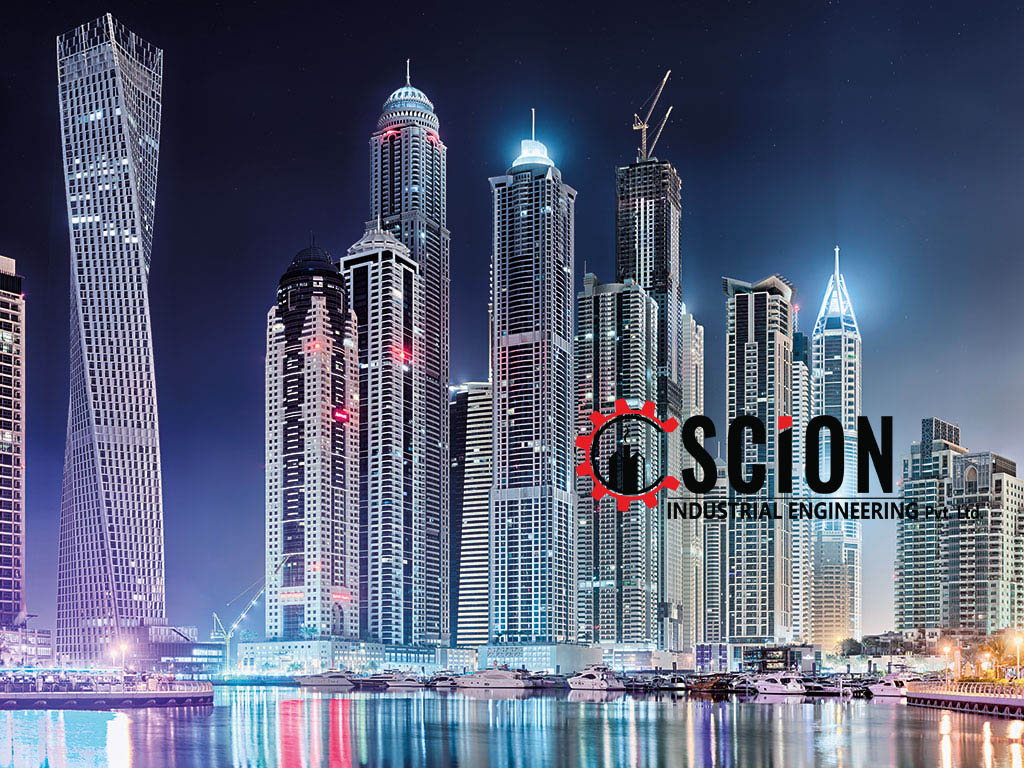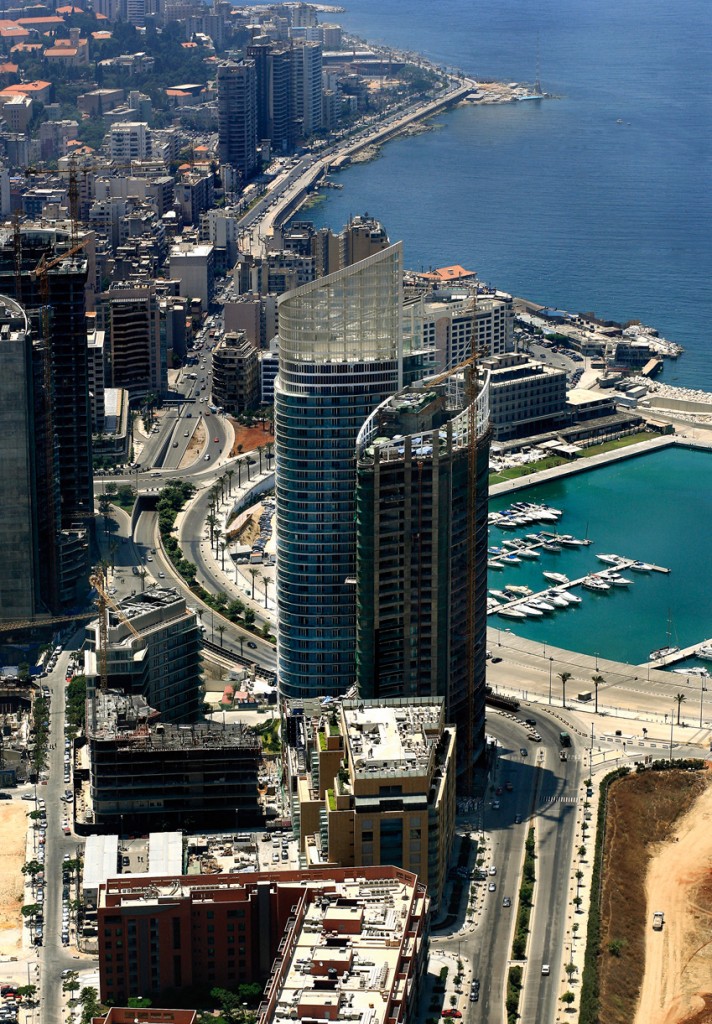Mohamed Khalifa Al Mubarak, chairman of Aldar Properties on future of joint activities between real estate giants
A merger between UAE property giants Aldar and Emmar is not on the table, according to Mohamed Khalifa Al Mubarak, chairman of Aldar Properties.
Last month the developers announced a strategic alliance to develop $8bn (AED30bn) worth of projects, initially in Abu Dhabi and Dubai.
In a CNBC interview this morning, Al Mubarak said: “We want to first cement this JV… We want to finish these developments, at the highest quality we can, at the timeframe we announced, and share it with the people, and then we can discuss what the future can hold for both these entities.”
The agreement, signed by Al Mubarak and Emaar chairman Mohamed Alabbar, will see the developers initially collaborate on two UAE-based projects: Saadiyat Grove on Abu Dhabi’s Saadiyat Island, and the Emaar Beachfront project, located between Jumeirah Beach Residence and Palm Jumeirah.
Al Mubarak said of the strategy: “You eventually always outgrow your market. And as we’ve last seen, over the last several months with the announcement of the joint venture with Emaar – that is specifically focused on how we can bring in brand new clientele to Abu Dhabi. At the same time, how we can expand to Dubai and other areas where Emaar are available… I think what you get with Emaar is a fantastic track record in developing unbelievable projects.”
Al Mubarak acknowledged that 2017 saw a “difficult real estate market around the world,” but said that the company’s gross profit was “about AED2.7bn” with recurring revenue of AED1.6bn and off-market sales of AED2.5bn.
Abu Dhabi, he continued, “is still quite early in bringing international investors in the realm of real estate. But, the opportunities are quite vast. Our real estate laws continue to get stronger. The locations that we have that Aldar has are really second to none.”
He was also bullish on the UAE capital’s economic development telling CNBC: “I think it’s been clear from day one that we want to diversify from oil. And that’s been the strategy of Abu Dhabi. And you can hence see the investments – whether it’s in Medicare, in renewable energy, in culture, and infrastructure both hard and soft, space, infrastructure, and the list goes on. All these create jobs, all these create opportunities.”
Source: http://www.arabianbusiness.com/news/394330-aldar-emaar-merger-ruled-out-for-now


